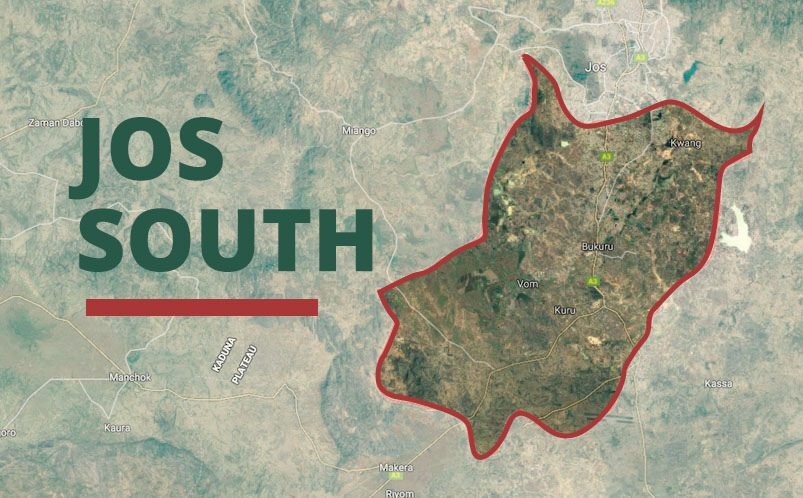Jos South
Jos South Local Government, established on October 1st, 1996, has its headquarters situated in Bukuru. Geographically, it is bordered by Jos-North Local Government to the North, Jos-East Local Government to the East, Barkin Ladi to the South, Riyom Local Government to the South West, and Bassa to the North West.
A crucial transportation artery, the Bukuru expressway, connects states in the North East to Abuja, Lagos, and other regions in the Southern and Eastern parts of Nigeria. While the Berom people are the indigenous ethnic group in this local government, the area has seen an influx of other tribes such as the Hausa, Igbo, Fulani, Yoruba, and other Plateau ethnic groups, primarily due to tin mining activities.

Jos South Tourist Attraction
Jos South Local Government comprises five districts: Vwang, Kuru, Gyel, Zawan, and Du, encompassing a land area of 1,037 square kilometers.
The region possesses significant tourism potential owing to its physical and natural beauty. It is adorned with volcanic rocks and mountains, making it a magnet for tourists from across the globe. Some notable tourist attractions in the area include the Wild Life Park, Rayfield Golf Club, Solomon Lar Amusement Park, Yakubu Gowon Dam Shen, Azi Nyako Youth Center, and Rayfield Resort. These venues offer unique and memorable recreational experiences for both citizens and tourists.
The local hospitality industry further complements these attractions, with establishments like Rock Land Motel, B & B Motel, Zawan Guest Inn, Crest Hotel, HBC Resorts, Honney Guests Inn, Chindi Hotel, Mountains Green Hotel, Elim Suite and Hotel, among others, providing relaxation options.
Traditional Festivals
Traditional festivals in Jos South, which mark the beginning and end of the farming season, are of cultural significance:
MANDYENG FESTIVAL
Celebrated in April to usher in the farming season, this festival is highly respected and observed in all districts and other Berom lands. Mandyeng has evolved into Nzem Berom, a central gathering of Mandyeng festivals from various Berom districts.
VWANA FESTIVAL
Held after the harvest of all crops, Vwana festival serves as a mark of gratitude to God for a bountiful harvest.
Population
According to the 2006 census, the LGA had a population of 85,602 people.
In terms of traditional attire, the Berom people of Jos South often wear leather clothing, especially leopard skin for warriors, coupled with a bamboo leaf cap, particularly during festivities. However, Western-style clothing is also common.
Further enriching the local tourism landscape, the Azi Nyako Youth Center in Dadin Kowa offers both indoor and outdoor recreational facilities and includes a hall available for state events and rental purposes.
One of the area’s spectacular natural wonders is the Vwang rock formation, known for maintaining a constant cool temperature regardless of the weather, making it a delightful attraction for tourists.
In summary, Jos South Local Government is a diverse and culturally rich region bursting with immense tourism potential. It not only supports tourism development in Plateau State but also has the capacity to contribute significantly to Nigeria’s tourism industry.
Agriculture and Crops Cultivated in Jos South Local Government
Agriculture and Crops Cultivated Jos South Local Government : Acha, Millet, Maize Potatoes, Vegetables, Coffee, Sweet potatoes, Apples, Olive fruits, Cut flowers.
Local Markets In Jos South
-
Yan Gongoni (Daily); Items Sold: Waste recycling.
-
Abbatoir (Daily); Item Sold: Meat Market in Conjunction with state Building Materials Market (Tuesdays).
-
Kara Market (Daily); item sold: Livestock, Guinea Corn, Maize, millet, Acha.
-
Bukuru Market (Saturday); Item sold: Thrift/Secondhand clothing, Household goods.